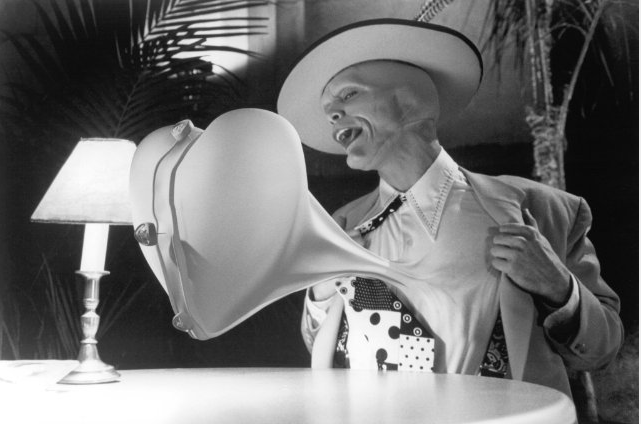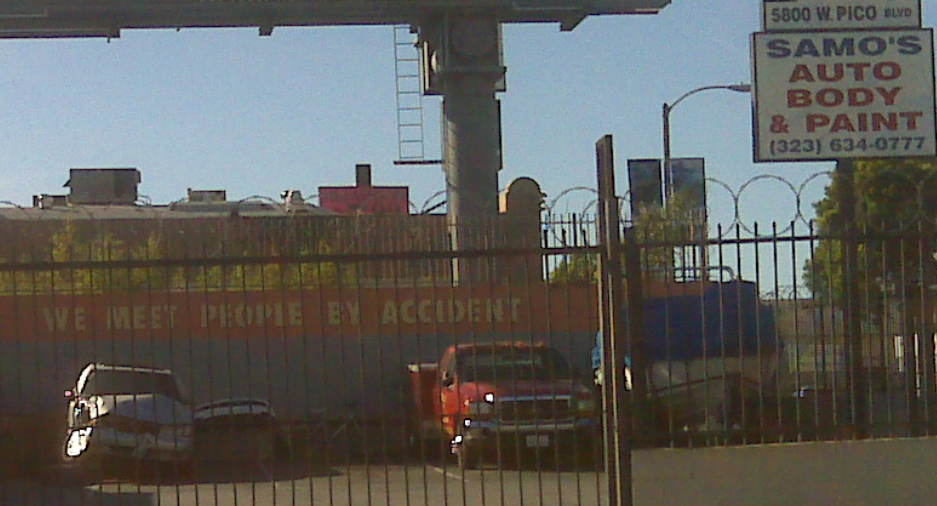
Thank you, Ella, for posting Theresa Rebeck’s Laura Pels Keynote Address on your blog.
I was so intrigued and impressed by her heartfelt defense of women playwrights and her eloquent plea to producers to give us equal representation that I went online to the library to look up her work.
I had seen Spike Heels at the Red Brick Road Company and Bad Dates at the Lounge Theatre (an outstanding performance by Samara Frame) and loved them both. I started my reading with The Butterfly Collection, because it was vilified by a New York Times reviewer who saw it as a feminist diatribe and portrayed Rebeck as a man-hater.
He must have seen a different play from the one I read.
The Butterfly Collection is beautiful, skilled, and complex. It’s like a Shaw play in which vivid characters argue passionately about art and life and love in language that bites. It’s about the relationships between men and women, among members of a family, between employer and employee, between young and old. It’s about infidelity, envy, ambition, exquisite things, and about living one’s life based on false assumptions.
The last idea was the one that got to me. The protagonist is considered and considers himself a genius, and he and everyone in his family think that gives him permission to destroy and demean his children, betray his wife, and seduce his young assistants, all in the name of his art.
He prides himself on his “outrageous statements”.
Here are some that he addresses to his actor son:
“You want to know what’s wrong with the theater? All those people, all those fucking people everywhere, on the stage, in the audience. Wrinkling their candy wrappers. Turning on their hearing aides, talking on their call phones. You sit there going, where the fuck are the words, you’re so drowning in people you can’t find the damn words. They‘re there, they’re gone, and no one even notices! Half the actors can’t speak but that’s fine, because half the audience can’t hear. Or think for that matter. All that emotion. Bad one liners. Every other word is fuck. Every character’s a victim, some battered woman or unhappy homosexual. Don’t talk to me about Shakespeare, we’re talking about the theater.”
His wife says to the young assistant whom he’s tried to seduce, “I hope you don’t take any of that personally. I certainly don’t.”
The middle aged actor son, emotionally adolescent and his father’s bitter rival, (he seduces the assistant because he knows his father wants to) is crushed by the man, but behaves exactly like him and puts his career above everything.
The other son, so reduced by his father’s bullying that he can’t finish a sentence when his father is present, says “They’re different things, life and art; you shouldn’t get them confused.”
The butterfly collector kills his butterflies for his art. Does the beautiful collection justify their death?
There’s a lot more and I’d love to see it on its feet, then go out for drinks, and talk about it.
In the meantime, (when we are not writing, of course) there are more plays to be read – Mauritius, The Water’s Edge, Abstract Expression, The Bells, View of the Dome, Sunday on the Rocks, The Scene, Omnium Gatherum, The Family of Mann: a comedy in two acts, Loose Knit, 2010’s The Understudy; two novels, Twelve Rooms With A View, and Three Girls and Their Brother; and a non-fiction book, Free fire zone: a playwright’s adventures on the creative battlefields of film, TV, and theater.
She’s done all that and takes the time to fight for us, and our art. Good on you, Theresa.



